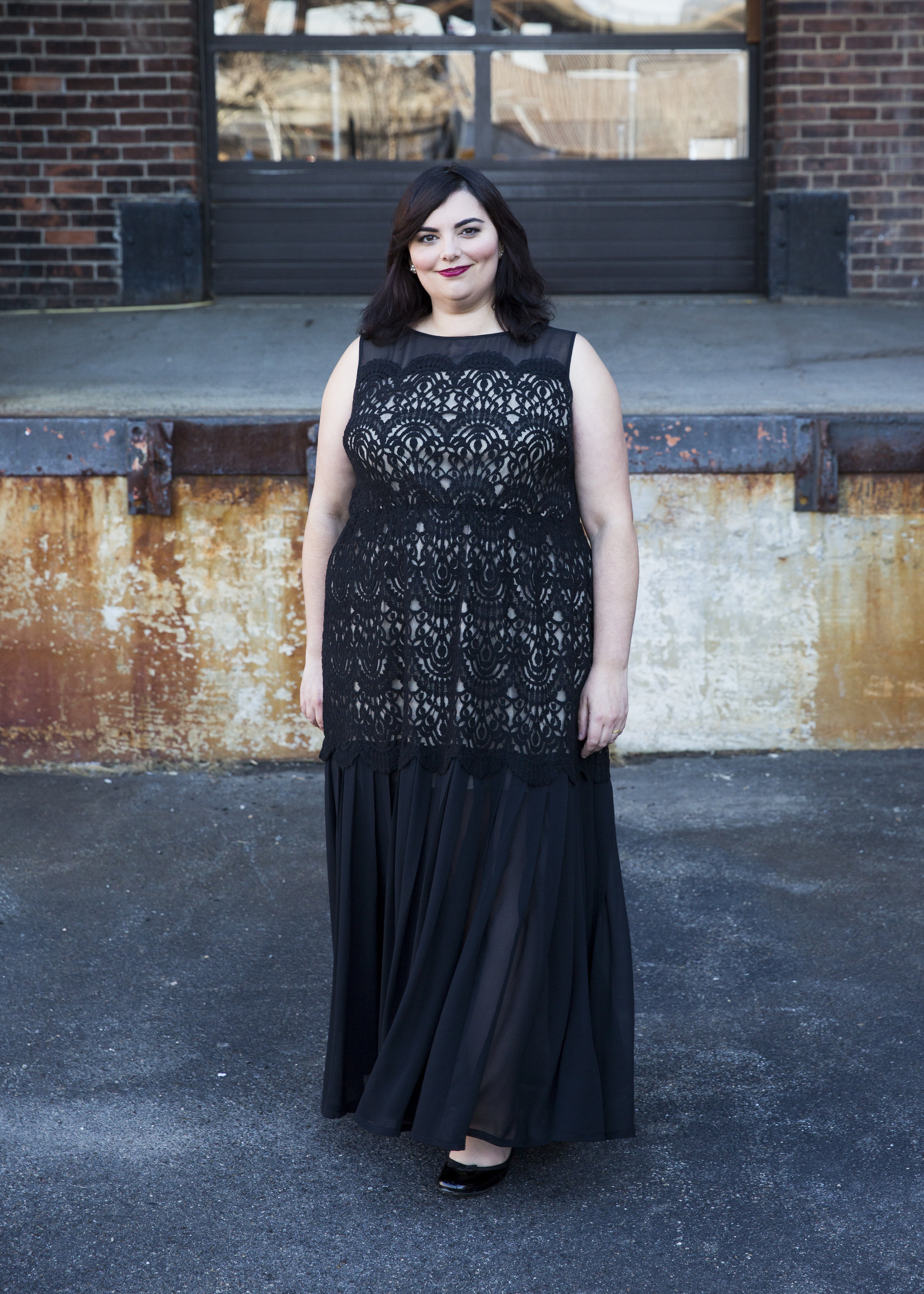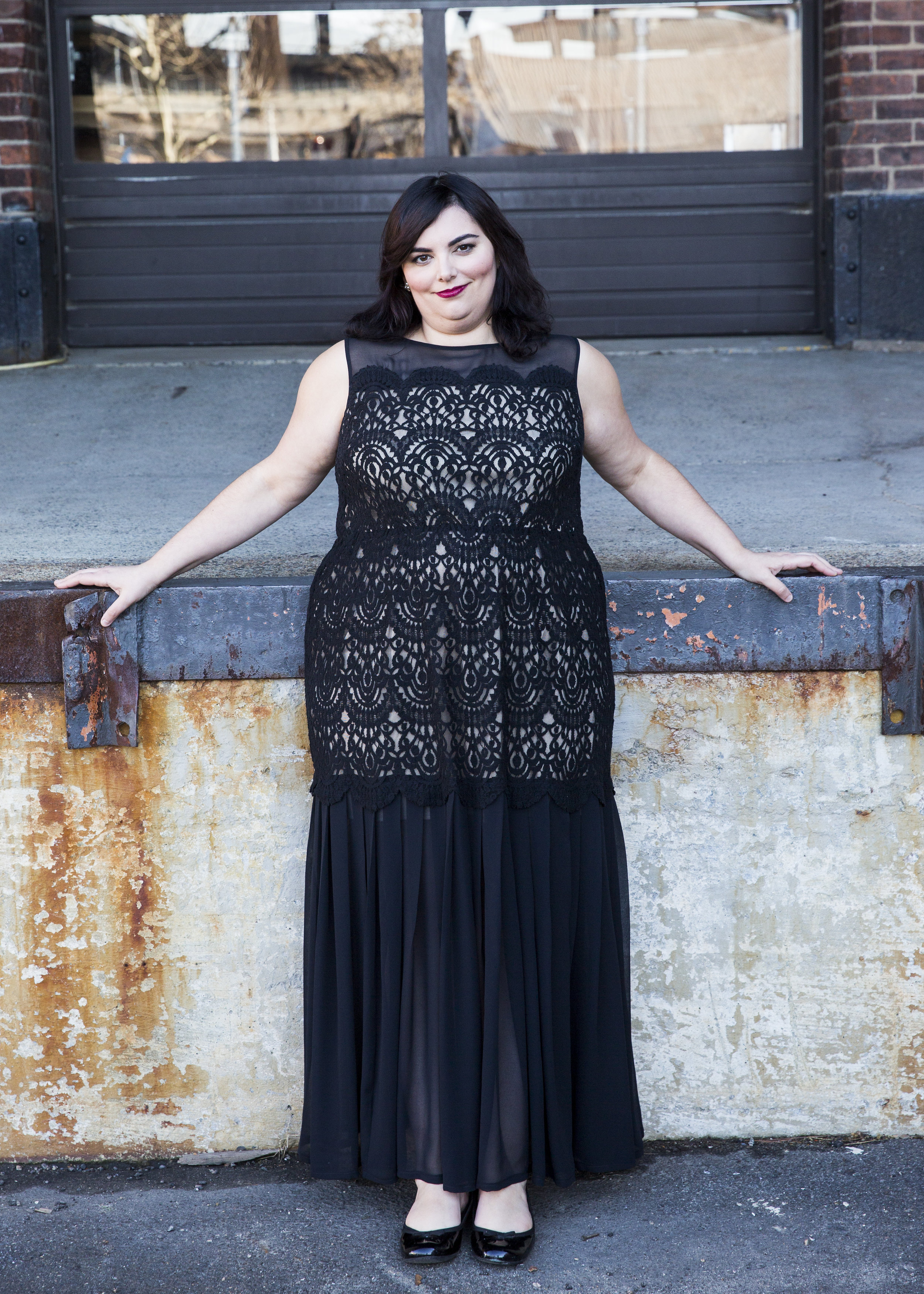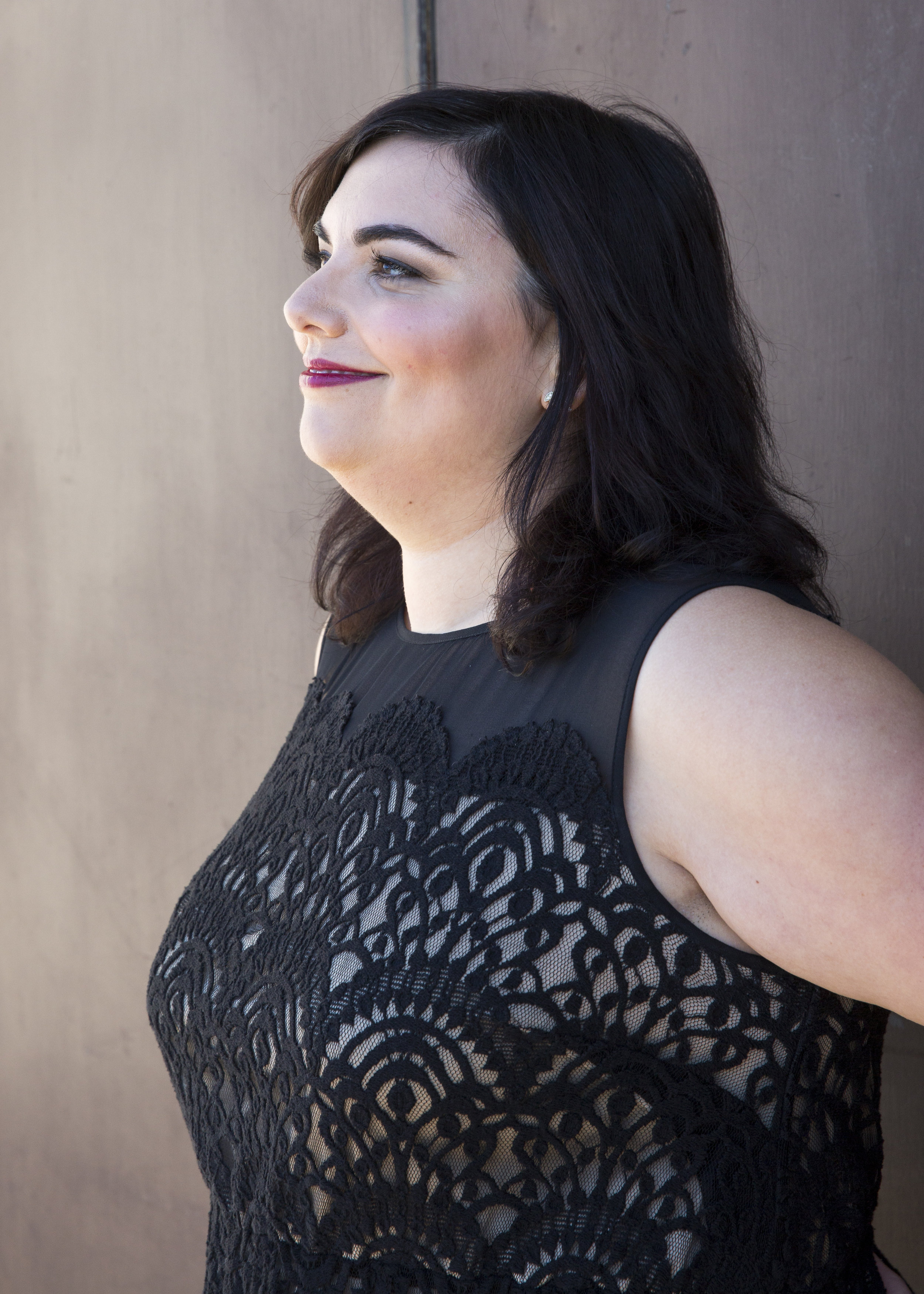Bio
Mezzo-soprano Jennifer Webb grew up in a musical family listening to Gilbert and Sullivan records. She appears regularly as a soloist and chorister in the Boston area. Since 2011, she has performed with Cantata Singers and Ensemble under the direction of David Hoose and has been featured as alto soloist in Mendelssohn’s Elijah, Bach cantatas, the Magnificat and B Minor Mass, Handel’s Israel in Egypt and Solomon (First Woman), and works by Zelenka, Lazar Weiner, Irving Fine, and John Harbison. In 2018 she was a soloist in the world premiere of Peter Child's Lamentations, commissioned by Cantata Singers, and she has premiered songs by Marjorie Merryman and Shawn Okpebholo in their Chamber Series. Her 2022-2023 season includes Osvaldo Golijov’s Oceana with Cantata Singers and their new music director Noah Horn, Handel’s Alexander’s Feast with the King’s Chapel Choir, and a celebration of Daniel Pinkham’s centennial at King’s Chapel.
Ms. Webb has worked with composer Larry Thomas Bell on several recent projects including the premiere of his song cycle Parables of Love and Death with tenor Thomas Gregg. She appears on his album Thoughts and Prayers from Albany Records. With Cappella Clausura, Ms. Webb appeared in the first staged performance of Elena Ruehr’s Cassandra In the Temples and the premiere of Ruehr’s Crafting the Bonds as well as Hildegard von Bingen’s Ordo Virtutum, and Copland’s In the Beginning with the Oriana Consort. She also appears on two recordings as a member of the Christmas Revels Chorus. Ms. Webb graduated from Oberlin College, where her love for early music was sparked in the Oberlin Collegium Musicum.
Press
"...An alto aria (sung bewitchingly by Jennifer Webb) happily savored its own dreamy elegance..." Matthew Guerrieri, Boston Globe
"...Displayed exceptional technical ability and artistry, creating a dramatic musical “reading” of the text." Joel Schwindt, Boston Musical Intelligencer
"But the standout of the evening was Jennifer Webb, who delivered a velvety and most affecting aria..." Aaron Keebaugh, Boston Classical Review







